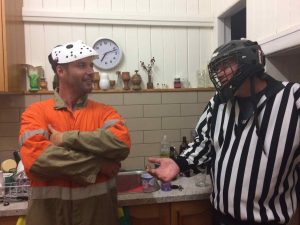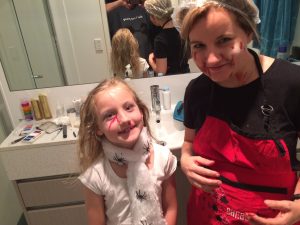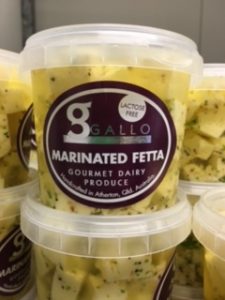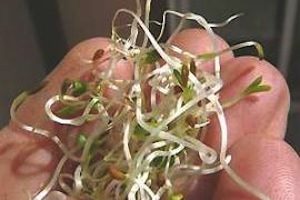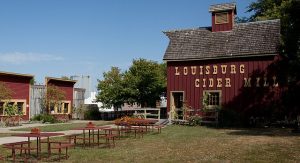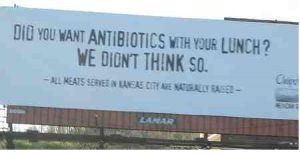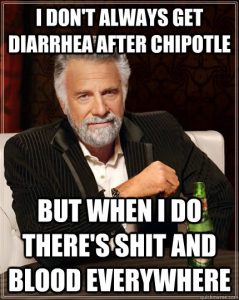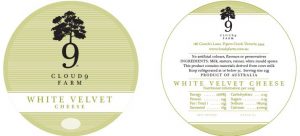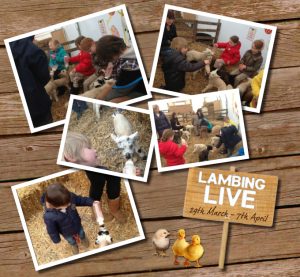 When the outbreak was first reported, the UK National Farmer’s Union reassured people that petting farms are safe as long as hygiene rules are followed and that they should continue to go despite the E. coli outbreak.
When the outbreak was first reported, the UK National Farmer’s Union reassured people that petting farms are safe as long as hygiene rules are followed and that they should continue to go despite the E. coli outbreak.
Not quite.
You people are assholes.
There have been outbreaks where pathogens have been aerosolized and that handwashing was not a significant control factor.
In 2014, a UK court heard that four children suffered potentially life-threatening kidney failure after an E. coli outbreak at a Lancashire farm shop.
Huntley’s Country Stores, near Preston, admitted health and safety breaches at a lambing event in April 2014.
The four children needed life-saving kidney dialysis with one needing three operations and blood transfusions.
The farming attraction was fined £60,000 and told to pay £60,000 costs at Preston Crown Court on Monday.
In total, 15 people were struck down by the bug – 13 of them children – with nine needing hospital treatment. A further 15 possible cases were also recorded.
The court heard the tragically typical litany of errors:
- visitors allowed uncontrolled access to lambs – children could enter animal pens and roll in feces-covered straw;
- during bottle-feeding, lambs were allowed to climb onto seats, leaving them soiled with feces;
- pens had open bar gates allowing contaminated bedding to spill onto main visitor area;
- animals were densely packed, allowing bacteria build-up; and,
- hand washing basins meant for visitors were used to clean animal feeding dishes.
Juliette Martin, of Clitheroe, took her daughter Annabelle, 7, to the ‘Lambing Live’ event at Easter in 2014.
The youngster, who had bottle-fed a lamb, suffered kidney failure and needed three operations, three blood transfusions and 11 days of dialysis.
Mrs Martin said: “If we ever thought that by feeding lambs that our daughter would be fighting for her life we would never have visited Huntley’s.”
The latest count is more than 20 children ill from the 2014 visit, and the owners of Huntley’s Country Stores still owe more than £100,000 after being convicted of health and safety offences in December 2015.
Managing director Harry Wilson appeared before Blackburn magistrates to ask for more time to pay the financial penalties.
Magistrates were told that the outfit had repaid £14,800 of the court costs, leaving £45,120 outstanding. But the £60,000 fine was still owed, the court was told.
Mr Wilson told magistrates that the after effects of the publicity surrounding the E.coli case, which was brought by South Ribble Council, were still being felt by the business.
Questioned by magistrates about how the outstanding sums could be met, he said: “At the present moment we cannot afford any more because we are just starting to get the business going. It might be two years before we recover.”
Huntley’s had been previously ordered to pay £5,000 every three months.
Magistrates ordered that they should be required to find £1,000 every month instead, up to and including May 2017. The penalty would then resume at its previous rate.
A table of petting zoo outbreaks is available at https://barfblog.com/wp-content/uploads/2014/04/Petting-Zoo-Outbreaks-Table-4-8-14.xlsx.

